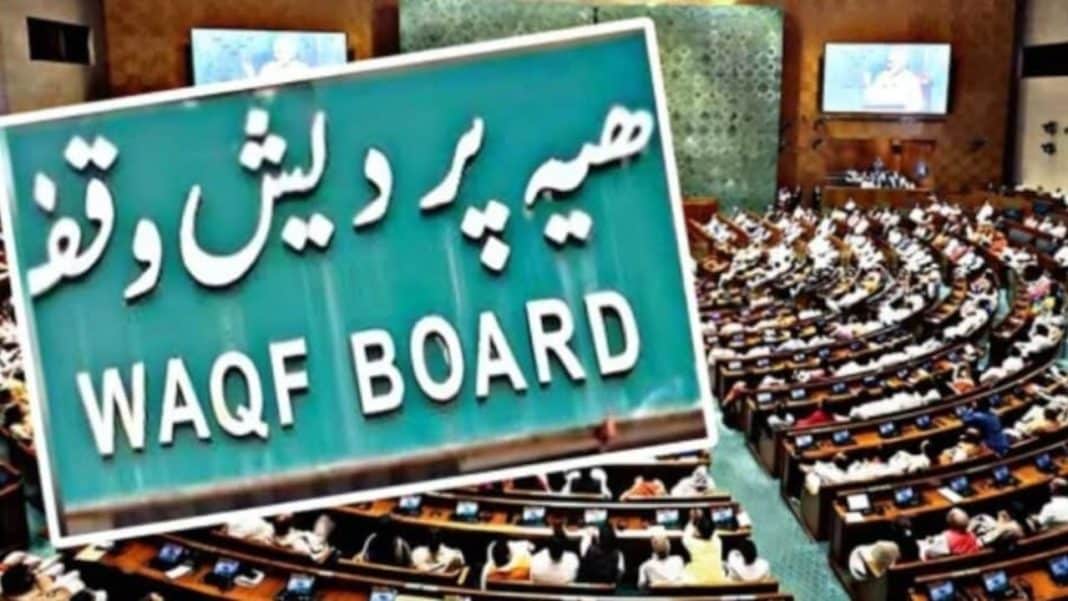The central government today introduced the Waqf Amendment Bill in the Lok Sabha. Minister of Minority Affairs and Parliamentary Affairs Kiren Rijiju said that he wants the bill to be passed as soon as possible.
The government had announced this bill on August 8, 2024, along with the Muslim Waqf (Repeal) Bill, 2024. These bills aim to streamline the functioning of waqf boards and improve the management of waqf properties.
The amendments aim to update the definition of wakf by renaming the Wakf Act, 1995, enhance the registration process and integrate technology to improve record keeping while addressing existing deficiencies.
Table of Contents
Waqf Board Owns the Third-Largest Landholding in India
The Waqf Board currently controls 8.7 lakh properties spread across 9.4 lakh acres, with an estimated value of ₹1.2 lakh crore. India has the world’s largest Waqf holdings. After the armed forces and the Indian Railways, the board is the country’s third-largest landowner.
Countless Properties, No Revenue
Of the board’s 8.7 lakh properties, 356,051 are registered as waqf estates, including 872,328 immovable properties and 16,713 movable properties. Despite such a large scale, the board does not generate any income.
Annual Revenue Could Reach ₹12,000 Crore
The Sachar Committee submitted a report in 2006, stating that if these properties were used efficiently, they could generate at least 10% revenue, which is about ₹12,000 crore annually.
The committee also recommended several measures to improve the management of wakfs, including the inclusion of two women members in the Central Wakf Council (CWC) and each State Wakf Board (SWB).
Additionally, it suggested the appointment of an officer at the joint secretary level in the CWC/SWB and bringing wakfs under a financial audit scheme.
27% of Waqf Board Properties Are in Uttar Pradesh
The largest share of Wakf Board land in India is in Uttar Pradesh, which is 27% of the total immovable properties of the Wakf Board. The state has a total of 2,32,547 immovable properties.
Punjab and West Bengal have 9% and Tamil Nadu has 8% immovable properties. Kerala, Telangana and Gujarat have 5% and Karnataka has 7% of the total immovable properties of the Wakf Board.
What Is Waqf?
In Islam, waqf means property dedicated for public welfare. It is a form of charitable donation where the donor can contribute movable or immovable property. Preserving these donated properties for public benefit is the essence of waqf. It includes not only houses, land and farms, but also things like fans, coolers, bicycles, televisions and refrigerators.
Unlike some Islamic countries such as Turkey, Libya, Jordan, Tunisia and Egypt, where no formal waqf system exists, India’s waqf network is extensive and legally protected. However, challenges related to transparency, accountability and governance remain.
In September 2024, the Ministry of Minority Affairs reported that there were 40,951 cases pending in Waqf tribunals, of which 9,942 cases were filed by members of the Muslim community against entities managing Waqf properties.
Furthermore, case resolution is often delayed and there is no judicial monitoring of tribunal decisions.
Also Read: Now Withdraw Upto ₹5 Lakh Without Documentation – Major Relief from EPFO





